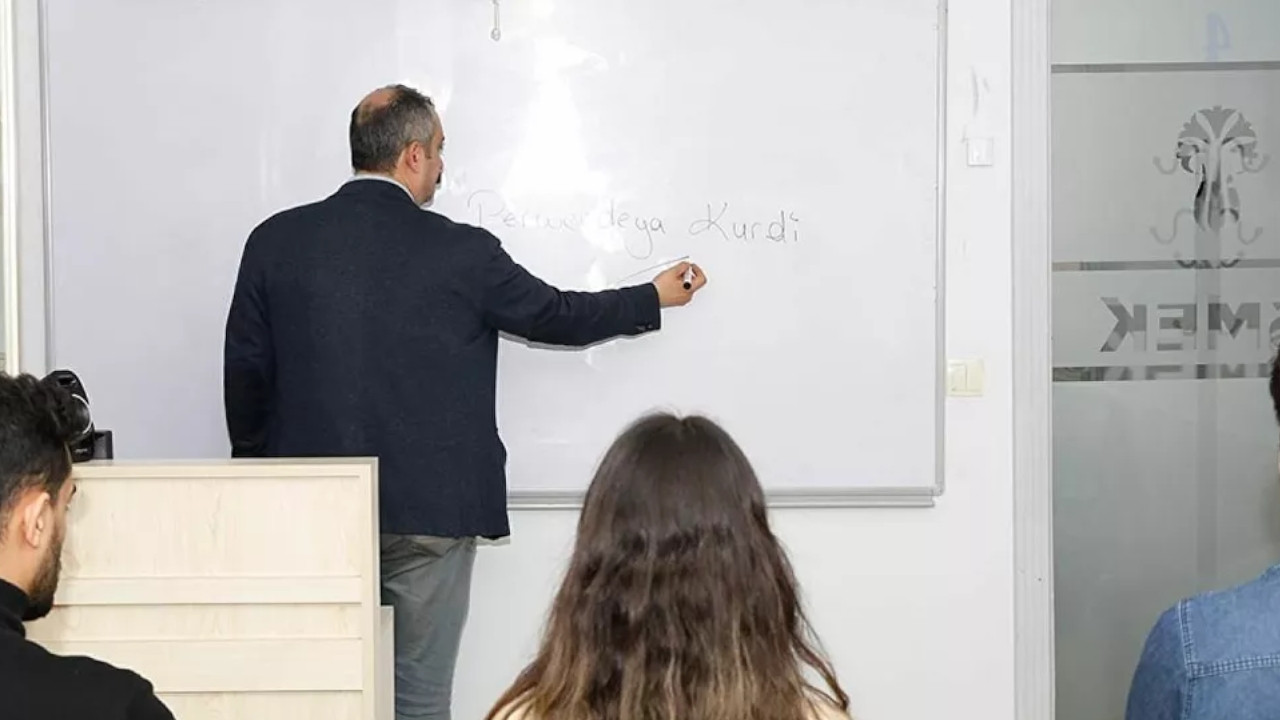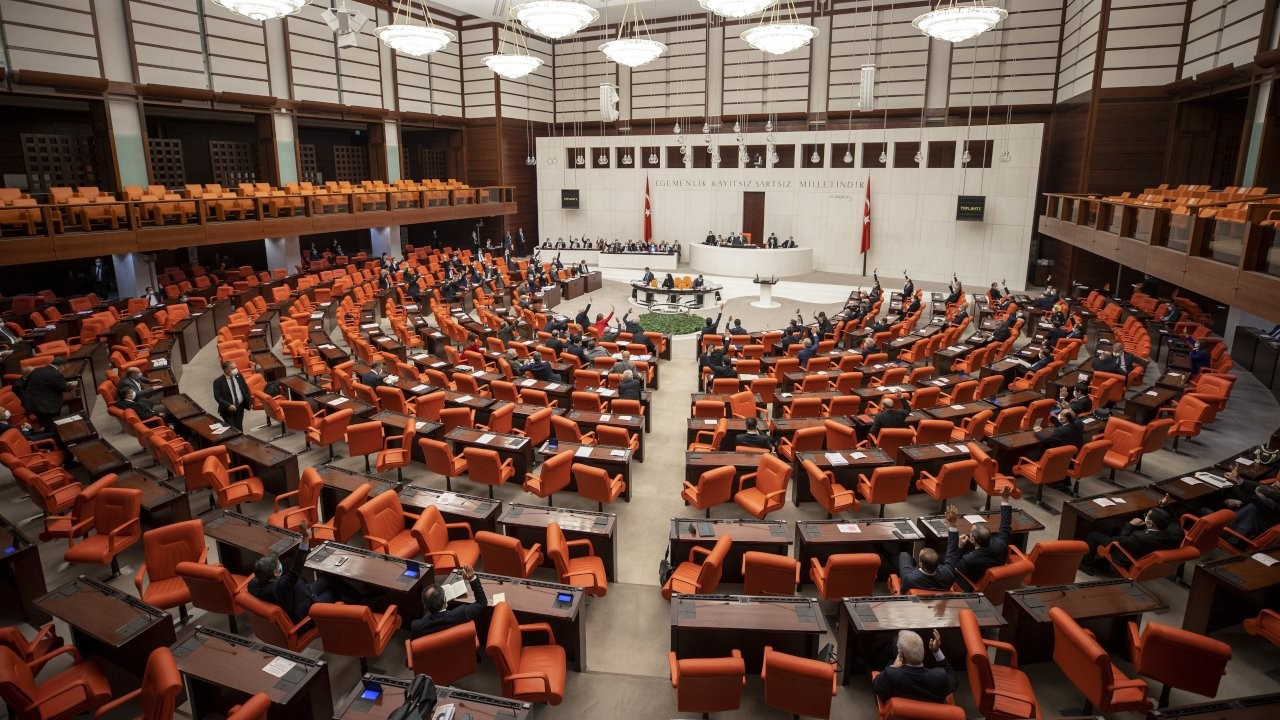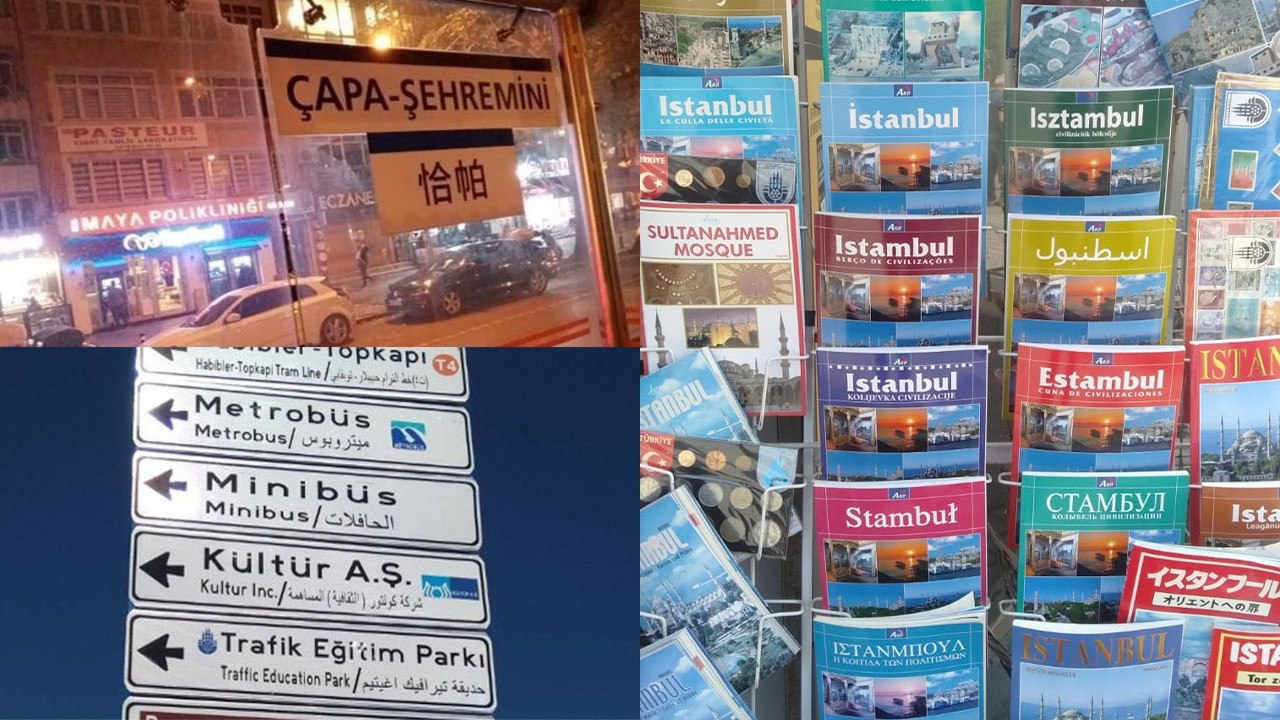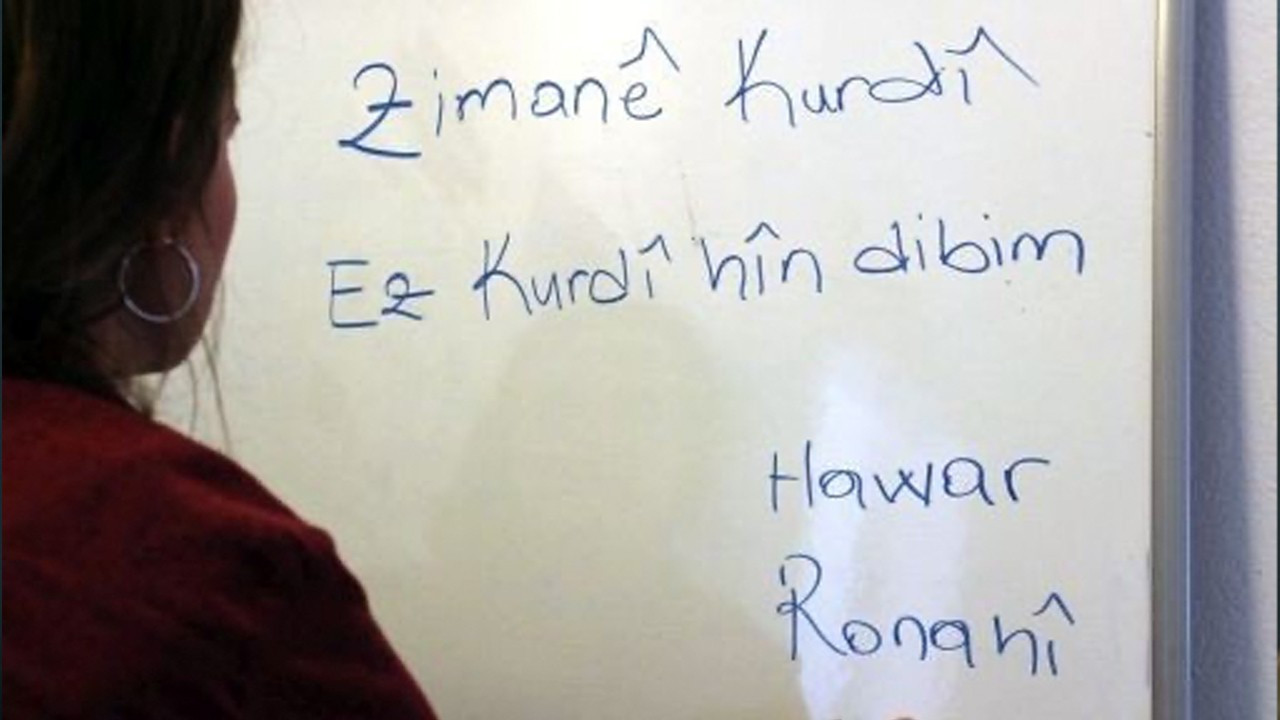Students in Diyarbakır deprived of Kurdish language courses, directed towards religious classes
According to the head of the Diyarbakır education union, despite the assurance that students who want to learn Kurmanji and Zazaki Kurdish would be given the opportunity to do so, students are effectively deprived of these elective classes due to a lack of resources.
Vecdi Erbay / DUVAR
According to regulations of the Education Ministry, students in Turkey should be able to sign up for elective Kurdish classes in public schools. However, education professionals in the southeastern province of Diyarbakır have said that students are effectively being denied the opportunity due to a lack of faculty and resources.
Students began selecting electives for the spring semester on January 3, 2022, according to the Education and Science Workers’ Union (Egitim-Sen) in Diyarbakır, and many wanted to take the Kurmanji and Zazaki dialects of Kurdish. However, in order for faculty to be hired to teach a course, ten students must sign up for the class. If this limit is not met, the class is canceled.
Even if there are enough students, however, there are not enough teachers to cover the course. The Education Ministry states that “in the event that the courses in which there are not enough teachers in the relevant field are selected, teachers will be recruited from other schools through appointments.” However, Egitim-Sen said that this was not happening.
In the union’s statement, they said that despite being in place since 2012, Kurdish classes for 6th, 7th, and 8th-grade students had effectively been abolished as a result of lack of supplies, teachers, and obstacles put in place by school administrators. The situation began to deteriorate after 2015, they say, and not a single Kurdish teacher was appointed in 2019.
Kurdish language education throughout Turkey was hindered by the collapse of a peace process between the government and the Kurdistan Workers’ Party (PKK) in 2015, which led to an outbreak of violence and closures of cultural institutions.
When parents complained to school administrators about the lack of Kurdish courses, they were told by some principals that there was a lack of space and in other schools, students were directed to other electives. One of the main classes recommended for those who wanted to take Kurdish was religion.
“Schools are making an effort to direct students to certain courses, school administrators say this,” Zülküf Güneş, head of Diyarbakır Egitim-Sen said. “Here, too, we see that there are mostly referrals to religion classes.”
Further, Güneş says that Kurdish and all “living languages” elective options have been removed from some elective forms distributed to students.
“In some schools, we see that the option of living languages and dialects in the forms distributed to students has been removed,” he said. “If these forms are not corrected, I would like to reiterate that we will resort to legal action. We will intervene against attempts to prevent the choice of Kurdish lessons in schools.”
Güneş and the union say that they will fight until students are able to take Kurdish again, as guaranteed by the Education Ministry.
“Choosing elective courses is a process where our students should make a choice of their own free will in line with their academic success, interests, and abilities,” he said.
(English version by Erin O'Brien)

 New era at Istanbul municipality-run language institute brings increased Kurdish instructionDomestic
New era at Istanbul municipality-run language institute brings increased Kurdish instructionDomestic Turkish parliament offers simultaneous translation into four languages, excludes KurdishPolitics
Turkish parliament offers simultaneous translation into four languages, excludes KurdishPolitics Istanbul: A city that's accessible in 20 languages except KurdishHuman Rights
Istanbul: A city that's accessible in 20 languages except KurdishHuman Rights Kurdish language education sees decline since collapse of peace process, says reportCulture
Kurdish language education sees decline since collapse of peace process, says reportCulture